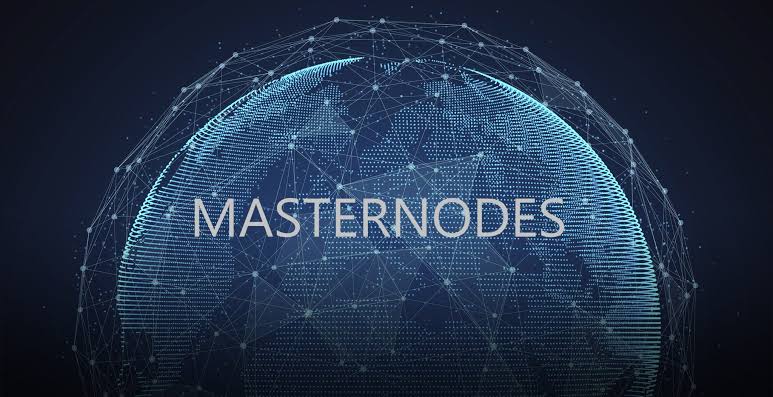Masternodes give blockchain network users the opportunity to contribute a significant amount of processing power in exchange for a consistent passive income. ..A deeper level of engagement with cryptocurrencies is made possible via masternode hosting. Users can contribute significantly to the blockchain network’s operations and frequently receive passive money in exchange. But to get started, this method needs a significant initial expenditure and considerable technical know-how. In blockchain networks, masternodes perform additional tasks including facilitating quick transactions and participating in network governance decisions, whereas regular nodes are mostly in charge of transaction validation. One well-known project that makes use of masternodes is Horizon.
Several avenues for masternode earnings
Making money using masternodes comes in a variety of forms, all of which are dependent on the unique features and services that the masternode offers on the blockchain. Using masternodes, you can make money in the following ways:
1.Block incentives: A percentage of the block rewards produced by the network are distributed to masternodes. In order to encourage both miners (also known as stakers) and masternode operators to support the network, this payment is usually split between them.
2.Fees for transactions: Masternodes receive a portion of the transaction fees that the network collects when they process and approve transactions. This is a clear compensation for their contribution to preserving the security and effectiveness of the blockchain.
3.Service fees: Some blockchain networks offer additional services, such as instant transactions or enhanced privacy features, through masternodes. Users may pay extra fees for these services, which are then distributed to the masternode operators providing these functionalities.
4.Governance participation:Masternode operators can vote on proposals and network upgrades in networks with decentralized governance. Projects may reward masternode operators for their participation in governance, ensuring active engagement in the decision-making process.
5.Staking winnings Some networks may allow masternodes to engage in staking as well. Another source of revenue is available to masternode operators who stake their collateral and receive incentives akin to those of conventional staking processes. For example, Energi offers masternodes payouts for staking.
6.Running multiple masternodes: Operators with significant resources can set up and run multiple masternodes across different networks or within the same network, multiplying their earnings. This requires substantial initial investment and technical expertise but can yield higher returns. Horizen network allows masternode operators to increase their engagement and revenues within the network.
Downsides associated with running masternodes
Operating a masternode comes with various risks, which potential operators should carefully consider before investing. Here are some risks they may confront:
1.Market volatility: The value of the cryptocurrency used as collateral can fluctuate significantly. A drop in the coin’s price may result in substantial financial losses, reducing the overall return on investment, or ROI.
2.Network security: Although masternodes enhance network security, they are still susceptible to cyberattacks, such as distributed denial-or-service (DDoS) attacks or exploits targeting the masternode software.
3. Technical hazards: A masternode needs to be operated by a technical specialist. Errors in software, hardware, or configurations can lead to penalties or downtime, which can have an impact on revenue.
4.Costs of operations: Running a masternode can be expensive, as hardware and electricity expenditures may be involved. The operator may suffer losses if the earnings are insufficient to pay these expenses.
5.Lock-up period: A masternode’s collateral is typically locked up and difficult to liquidate. If the operator needs immediate access to funds or if the collateral’s market value drops, this lack of liquidity may become dangerous.
6.Competition: As more masternodes join the network, the rewards per masternode may decrease due to increased competition. This dilution of rewards can affect profitability.
7. Downtime penalties: Many networks impose penalties or slash rewards if a masternode experiences downtime or fails to meet performance standards. Ensuring continuous operation and connectivity is vital when running a masternode.
8.Regulatory risks: Cryptocurrency regulations are still evolving, and changes in regulatory frameworks can impact the legality or profitability of operating a masternode. Operators must stay informed about regulatory developments in their jurisdiction.


